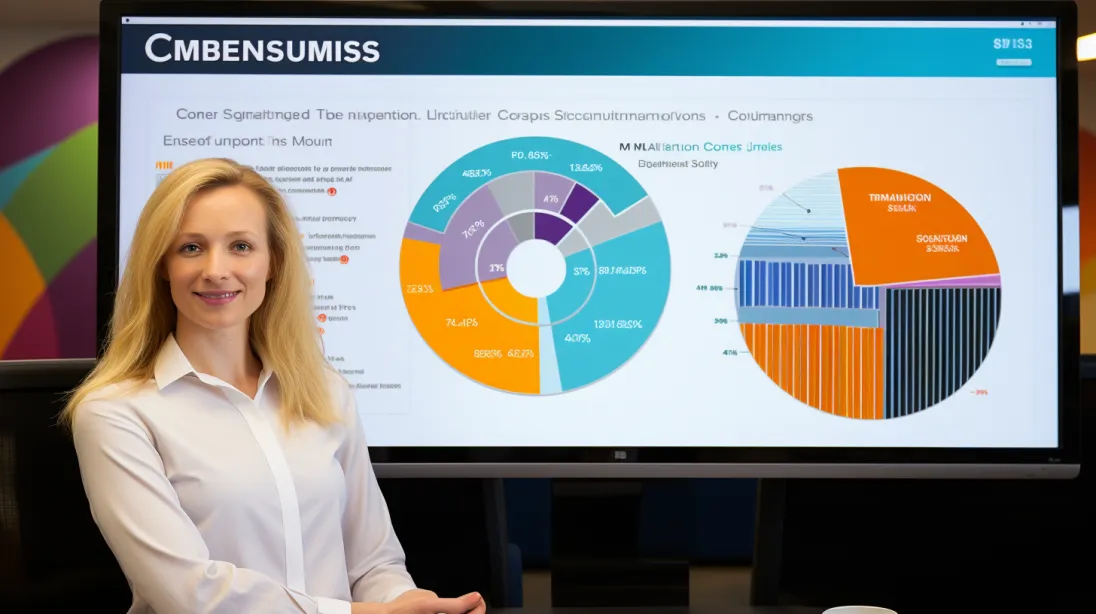The choice of a Content Management System (CMS) can have a profound impact on your business’s bottom line, yet this relationship is often overlooked. A CMS not only affects how you manage your digital content but also influences customer engagement, conversion rates, and ultimately, revenue. This guide delves into the hidden relationship between CMS choices and financial performance.
Ease of Content Management and Updates
Streamlining Operations to Save Time and Resources
A user-friendly CMS simplifies content management and updates, saving significant time and resources. This efficiency can directly translate into cost savings and improved content quality.
SEO Capabilities
Driving Organic Traffic and Sales
The SEO features of a CMS, such as optimized URLs, easy meta tag editing, and content structuring, play a crucial role in driving organic traffic. More traffic can lead to increased sales and improved ROI.
Scalability and Performance
Supporting Growth Without Compromising Quality
Choose a CMS that can scale with your business. A scalable CMS supports increased traffic and content without compromising performance, crucial for sustaining growth and revenue.
Mobile Optimization
Capturing the Mobile-First Audience
A CMS that facilitates mobile optimization is essential in the mobile-first era. Mobile-friendly websites attract more visitors and can lead to higher conversion rates, positively impacting the bottom line.
Integration Capabilities
Enhancing Functionality and User Experience
The ability to integrate with other systems (like CRM, ERP, and marketing automation tools) can enhance overall functionality and user experience, leading to higher customer satisfaction and loyalty.
Security Features
Protecting Against Data Breaches and Losses
A CMS with robust security features protects against data breaches, which can be costly in terms of financial loss and damaged reputation. Investing in a secure CMS is crucial for long-term financial stability.
Customization and Branding
Creating a Unique User Experience
A CMS that offers extensive customization and branding options allows for the creation of unique user experiences. Personalized experiences can increase customer engagement and conversion rates.
Analytics and Reporting
Gaining Insights for Strategic Decisions
CMS platforms with integrated analytics and reporting tools provide valuable insights into user behavior and content performance. These insights are critical for making informed business decisions that impact revenue.
E-commerce Integration
Streamlining Online Sales Processes
For businesses selling online, a CMS with seamless e-commerce integration can simplify the sales process, enhance the customer shopping experience, and ultimately increase sales.
Conclusion: A Strategic Asset for Financial Success
CMS as a Cornerstone of Digital Strategy
In conclusion, your choice of CMS is a strategic asset that influences various aspects of your business, from operational efficiency to customer engagement and sales. Understanding and leveraging the relationship between your CMS choice and your bottom line is key to achieving financial success in the digital world.



